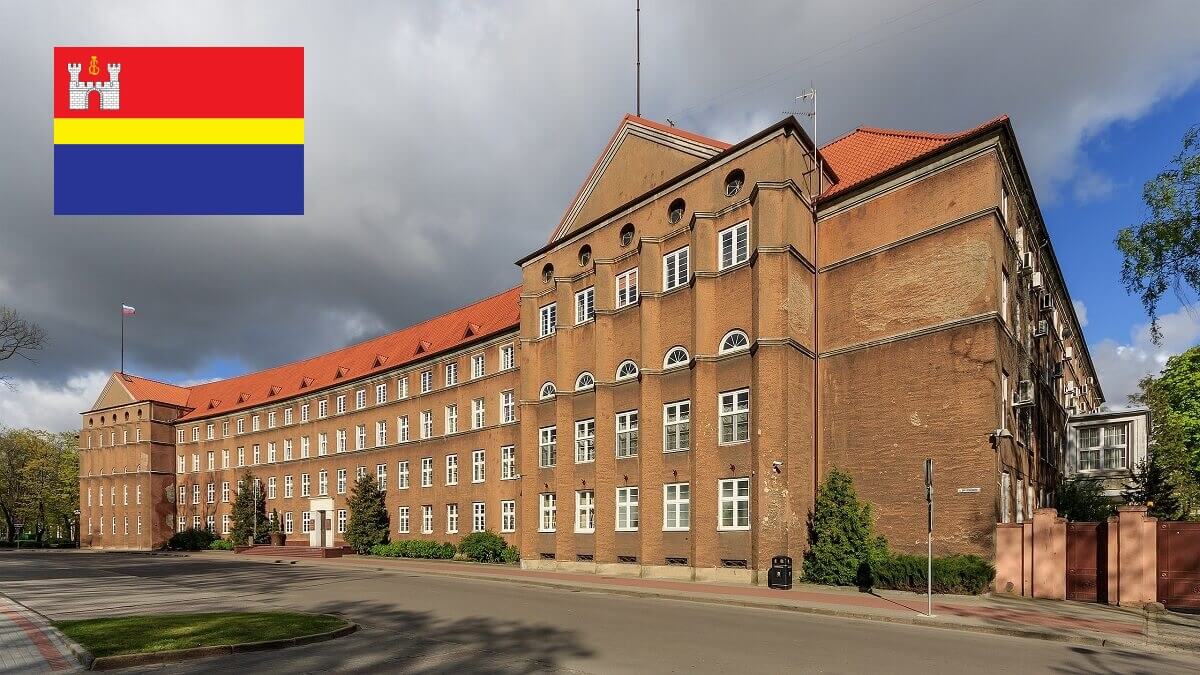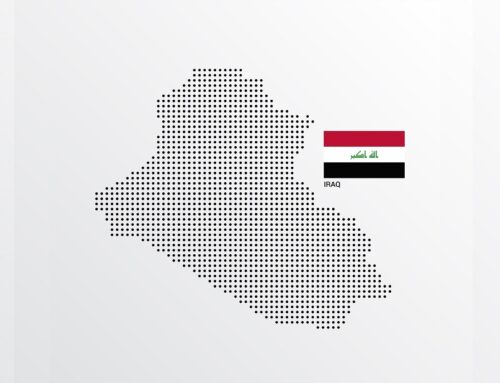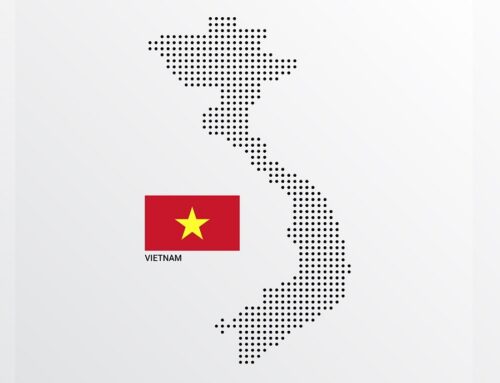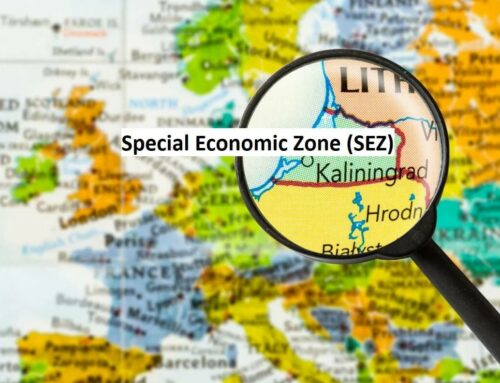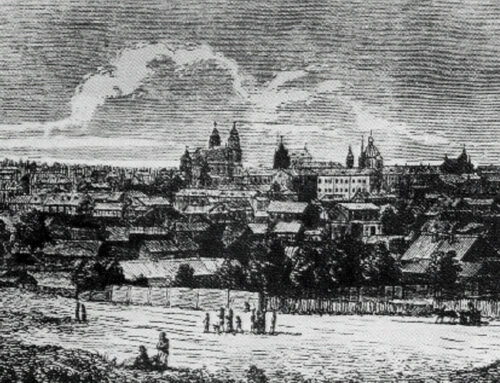Kaliningrad is an exclave of the Russian Federation. Russia is a federative state, therefore, de jure it is a group of states with a central government but independence in internal affairs. States or entities within the Federation have their own Charters (Basic Laws). The entities’ Charters have an obligation to align with the Russian Constitution. According to the Kaliningrad’s Basic Law it prevail the Federal Law, when jurisdiction of Kaliningrad oblast is on the line[1]. However, that is de-jure, the de facto situation is different.
In 2005, for the first time the governor of Kaliningrad oblast was not elected but rather appointed – G. Boos. Since then Moscow had a final say in the appointment of Kaliningrads’ governors.
Kaliningrad’s current governor – Anton Alikhanov has also been appointed. Mayors (or city-managers as they are called) are not elected directly but rather appointed by the city council and are known to be personally connected to the governor. For example, in December, a city called Sovetsk (former Tilsit) got appointed its new city-manager – Evgeniy Makarov. Heads of villages (rural settlements within the constitution) are also appointed by the representative body of the municipality.
Full control of the local authorities enables full control of the territory in the exclave. Kaliningrad’s strategic importance prompts an iron fist of the Kremlin.
Kaliningrad heavily relies on Moscow for policy-making. A vivid example is Kaliningrad’s status of special economic zone (SEZ), which implies no duty on goods and raw materials imported into the region for every legal entity. This novelty incentified many investments, especially from abroad, which prompted an economic boom in the oblast. However, that was for the duration of the transitioning period (until 2016). Kaliningrad’s emergence as a great economic power was seen as a threat in the Kremlin. After this period ended, it became almost impossible for the companies to prove their eligibility to become residents of the SEZ due to checking commissions coming from Moscow and giving the statues to the ‘favourites’, which drastically hindered the economical development of the oblast. Being unable to bear the costs of the duty many companies closed.
Russia is an on-paper federation. Reality differs and bears the appearance of an unitary state. Kaliningrad is no exception dependence on Moscow-wise. As a local joke goes:
- ‘Have you seen our mayor already?’
- ‘Do I look like a Moscovite?’.
Sources:
[1] Russia (Federation). 1996. Basic Law of Kaliningrad oblast. Chapter 2, Article 3. https://duma39.ru/region/ustav.php
Title photo: Building of the Government and Administration of the Governor of Kaliningrad Oblast

